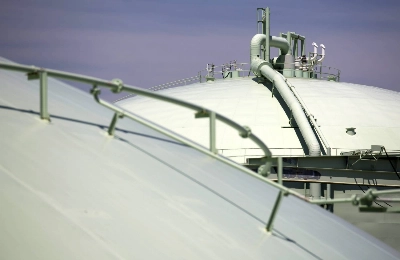SEOUL -- One of the Europeans' first concerns after their successful diplomatic mission to Pyongyang and Seoul was to dispatch emissaries to Tokyo and Washington to inform the main allies about the results of the visit. On more than one occasion, the EU delegation emphasized that what it was doing was closely coordinated with the U.S. government's activities. "We will not replace the United States. It is not possible," stressed Swedish Prime Minister and current head of the European Union Goran Persson. The aim of the unprecedented mission (the highest-level Western delegation ever to travel to North Korea) was anything but modest. According to an official fact sheet, "the EU would like to encourage the search for a solution bringing lasting peace between South Korea and [North Korea]. This mission is intended to support the momentum created by the Pyongyang summit."
As is well-known, this momentum has been destroyed since U.S. President George W. Bush moved into the White House, a development that the Europeans have watched with little sympathy. Their intervention in Korea may well be described as a diplomatic reaction to the Bush administration's sabotage of the peace process. The new government in Washington has justified halting the dialogue with North Korea by instituting an ongoing policy review. Reportedly, this review will produce tangible results soon. This is good news, since uncertainty regarding U.S. strategy has been the main reason for the political stalemate on the Korean Peninsula. On several occasions, South Korean President Kim Dae Jung has urged the Americans to return to the negotiating table: "I hope the U.S.-North Korea talks can be resumed at the earliest possible date," Kim told his U.S. counterpart on the phone the other day.
Despite Washington's lack of support from Washington for his Sunshine Policy, Kim has never expressed even the slightest doubt that the United States remains Seoul's most important ally. "He is the most pro-American president the country has ever had," says an American friend who has worked as a lobbyist for Korean institutions in the U.S. capital. Yet Kim seems not to have developed any personal closeness, let alone friendship, with Bush.
















With your current subscription plan you can comment on stories. However, before writing your first comment, please create a display name in the Profile section of your subscriber account page.